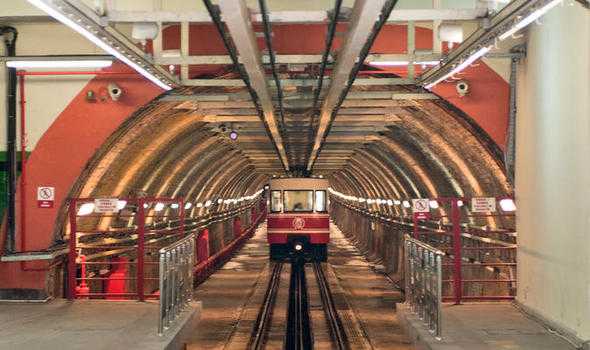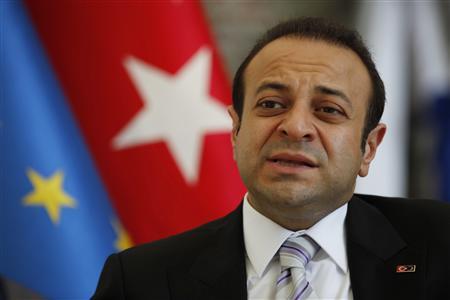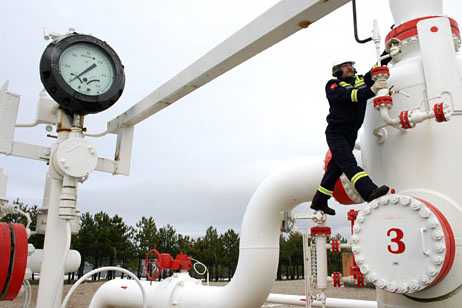BRUSSELS bureaucrats have handed more than £100million to Turkey to build a high-speed rail link – in case the country joins the EU.

The staggering sum does not have to be paid back and there will be no return on the investment.
The cash is from a £12.1billion fund to support nations hoping to join the EU to which Britain contributes £120million a year.
News of the money for the rail link between Turkey’s two biggest cities, Istanbul and Ankara, provoked outrage last night.
Tory MP Douglas Carswell labelled the EU’s decision “bizarre”.
He said: “Other countries that have given money to Turkey, such as China, expect a return on their capital.
“It is funny how a communist country understands the fundamental principal of capitalism while the EU elite are giving money to Turkey without looking for a return on their investment.”
Euro MP William Dartmouth, Ukip’s trade spokesman, called for an end to funding for countries awaiting membership.
He said: “I cannot see how this project would really benefit the EU. The fact that British taxpayers’ money is going towards funding a new railway line in Turkey when our Government is forcing huge cuts on services and infrastructure at home will no doubt appal many people.”
Work on the 331-mile high-speed train line began in 2003. The EU’s European Investment Bank has so far ploughed £1billion into the project in loans on top of the £100million grant.
Other countries that have given money to Turkey such as China expect a return on their capital.
Tory MP Douglas Carswell
EU official Jean-Christophe Filori defended handing over the sums, saying the line will help European businessmen get to Ankara quickly to sign contracts.
But public appetite in Turkey for joining the EU is waning and last night one of their senior officials warned they would not wait forever.
Turkey’s chief negotiator on EU accession Egemen Bagis said his country was committed to joining the 27-member bloc but admitted they were not in favour of adopting the euro currency – despite it being a condition for entry.
Mr Bagis touted Turkey’s sway in the Middle East as a major boon for Europe should it be allowed to join the EU.
via EU squanders £100m on train line in Turkey | World | News | Daily Express.





